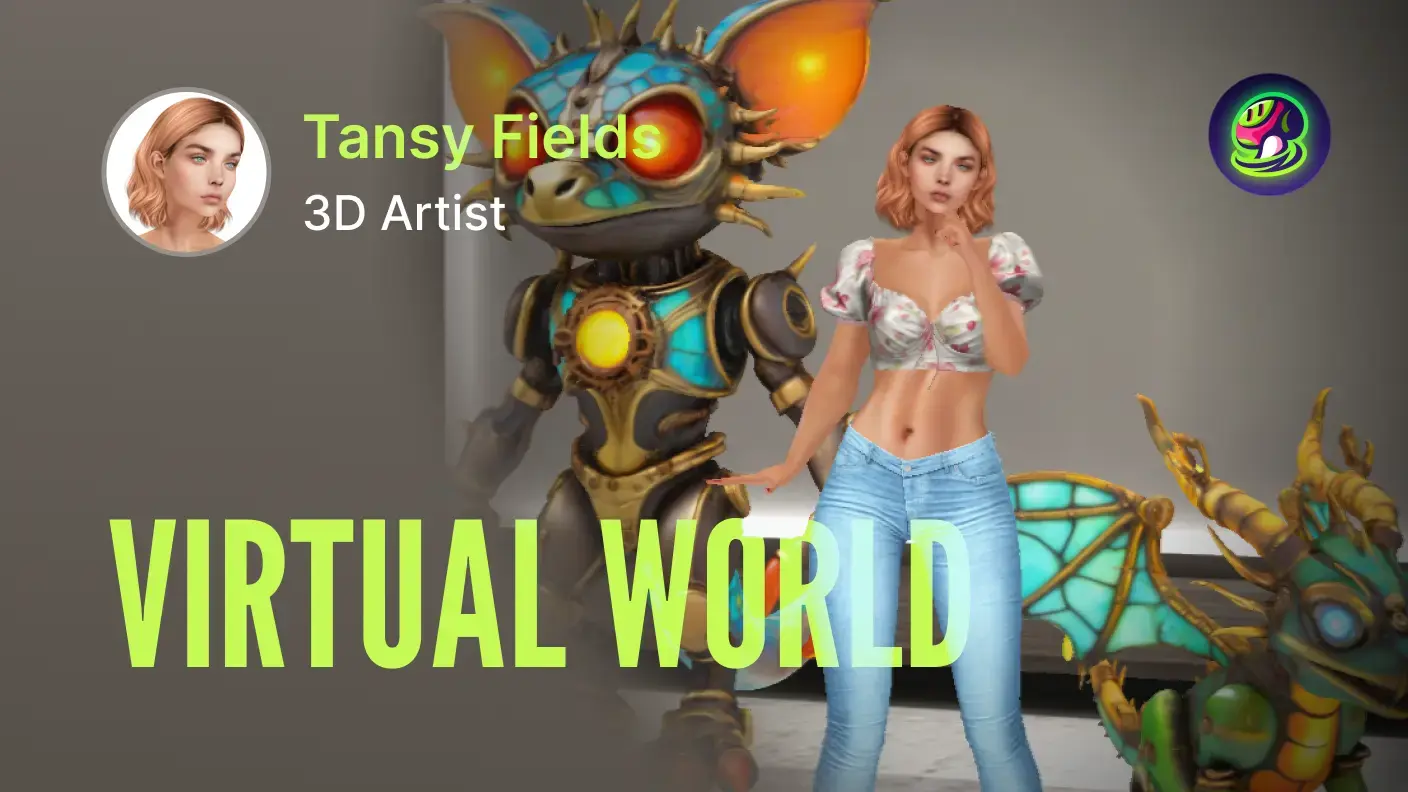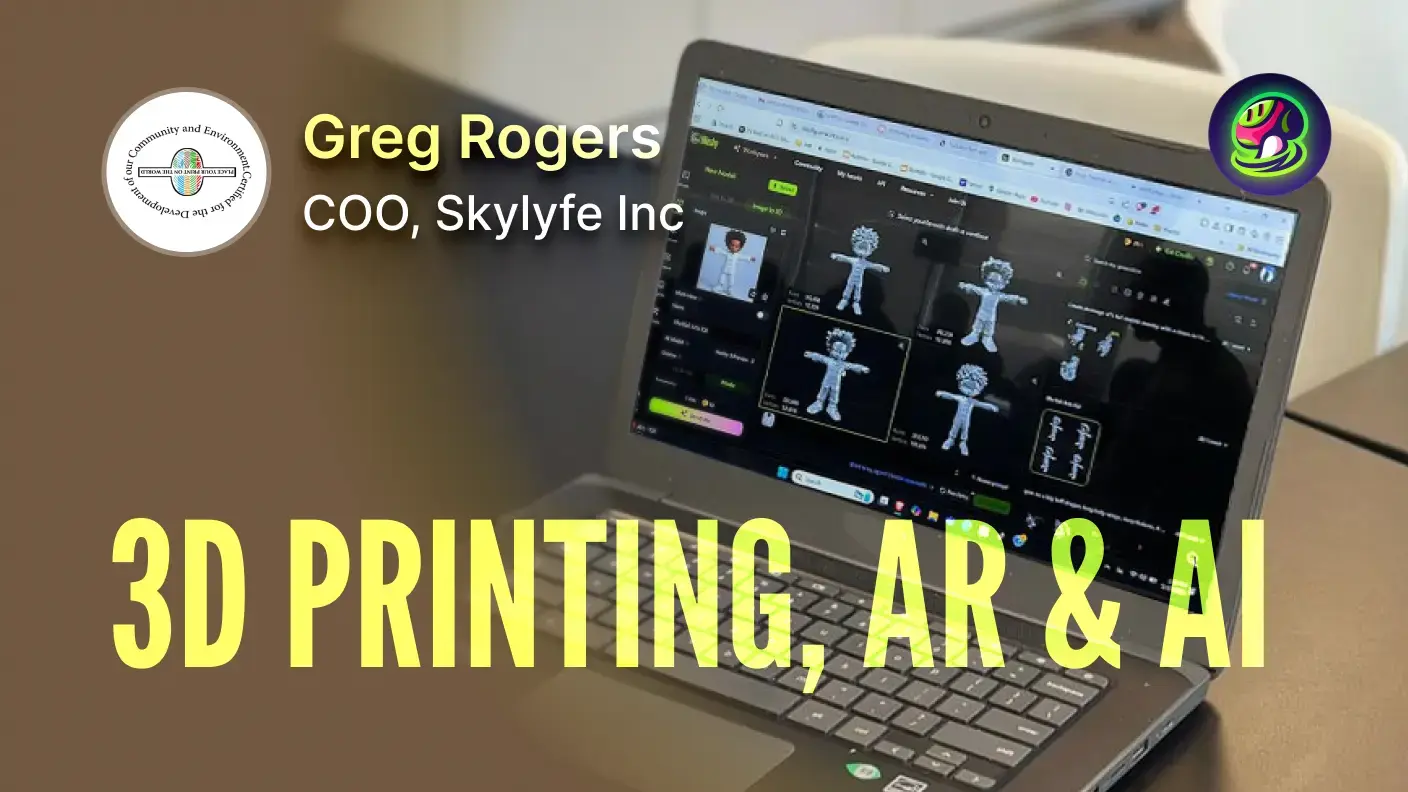Bringing a New Spin to a Classic Game
![]()
Arena Pong, developed by indie creator CoCo, reimagines the beloved game Pong through a roguelike lens. Inspired by another Rosebud user's (@ShawnBuilds) project Circle Pong, CoCo took the core gameplay loop and infused it with progressive difficulty and replayable mechanics.
"I had a blast playing the original game but I felt like it could be more exciting, and I wanted to create a simple game that's quick fun and replay-able."
CoCo
Indie Game Developer
The goal was simple: deliver a pick-up-and-play experience that's fast, fun, and fresh. However, being a solo developer with no background in traditional 3D modeling, CoCo faced one major obstacle — bringing a visually engaging world to life without getting bogged down in technical asset creation.
![]()
The Challenge: 3D Asset Creation Without Modeling Experience
CoCo's creative process started with Rosebud AI, which efficiently handled backend development needs such as logic and placeholder assets. But when it came to 3D model generation, Rosie, the associated AI, had limitations that began to hinder CoCo's workflow. As CoCo noted:
"While ideation and initial asset creation were relatively easy with Rosie, the most time-consuming and limiting aspect was fixing errors that Rosie couldn't resolve, especially context issues she may have. Errors tend to be easily fixed, but there are times where you may get stuck due to context issues."
CoCo
Indie Game Developer
More specifically, CoCo highlighted a few bottlenecks:
- Relying on Rosie to generate enemy characters from basic three.js shapes
- Inconsistent results in Text to 3D modeling
"Controlling asset creation through prompt-to-3D wasn't effective; it was hard to get precise results. 3D models would look close to how you want them to look, but they would not be great."
CoCo
Indie Game Developer
- Getting stuck due to context-related issues in the code, such as troubleshooting bugs like the split upgrade not working correctly
- Slower iteration speed when debugging or refining game logic manually
The Solution: Discovering Meshy for Easy 3D Creation
Meshy came in at the right time. CoCo discovered the platform while looking for a more reliable solution for generating 3D models.
"The main challenge was 3D asset generation...The primary need was for help with creating 3D assets, as the user didn't know how to create them independently and didn't want to invest time in learning traditional 3D modeling."
CoCo
Indie Game Developer
Unlike previous tools, Meshy offered a clear value proposition:
"Meshy is recommended for anyone trying to create games easily, especially artists who enjoy drawing but don't know how to create 3D models. It's described as a very, very easy process."
CoCo
Indie Game Developer
The moment CoCo began experimenting with Meshy, the benefits were immediate—especially for enemy design. With just a few descriptive prompts and a bit of creative input, enemies began to take shape and fit seamlessly into the project's space-themed aesthetic.
How Meshy Transformed the Development Process
Integrating Meshy into Arena Pong's workflow meant rethinking asset development from the ground up. CoCo adopted the following approach:
- Begin development with basic game logic and placeholder assets using Rosebud
- Shift to Meshy when the game reached a visually ready stage
- Use Meshy to create high-quality static 3D models for enemy characters
![]()
- Import and implement models, minimizing extra work like rigging or animation
"The ability to use static 3D assets from Meshy makes coding much easier, as it avoids complexities like rigging and animating within the game. It allows for focusing on game logic first...An unexpected benefit was discovering Meshy's integrated text-to-image feature. This means an external service isn't needed for image generation, as images can be created directly within Meshy's platform before converting them to 3D."
CoCo
Indie Game Developer
Bringing Arena Pong's Enemies to Life
![]()
Using Meshy had a tangible impact, not just on CoCo's workflow but also on the final look and feel of Arena Pong.
"Meshy 'breathed a little life into the enemy characters,' giving the game a more fun and vibrant look by moving beyond plain colored enemies. The enemies have more depth and bring more life to the space theme of Arena Pong..."
CoCo
Indie Game Developer
The improvements to visual fidelity made an immediate impression. When CoCo shared the updated version with friends, the response was overwhelmingly positive.
"I shared the updated version of Arena Pong with friends, and they were genuinely impressed by the new 3D models. The addition of enemy characters that visually track the ball made the gameplay feel much more dynamic and alive, adding an engaging layer of personality to each match."
CoCo
Indie Game Developer
More than that, Meshy's contributions freed up space for deeper creativity:
"Meshy removes reliance on Rosie for 3D assets, allowing me to take my time to create the desired image—even drawing it—and then having Meshy create the asset."
CoCo
Indie Game Developer
What's Next & Advice for Fellow Creators
With Arena Pong now in a playable state, CoCo plans to gradually add features, potentially using Meshy again for upgrades or alternate paddle models. However, the main focus remains on continuing small-scale projects using the same AI-assisted, accessible pipeline. Reflecting on what they've learned, CoCo offers helpful advice to other indie creators:
"Join the Discord communities for both Meshy and Rosebud, as there are many people willing to help with issues...Embrace the ease of creation: 'you can create your games come to life in a matter of seconds.'"
CoCo
Indie Game Developer
And a final word of encouragement:
"An encouraging message for aspiring game creators: 'I think for anybody who's has yet to create their own game because it may be overwhelming, or you know nothing about coding, you can do it. And it's really, really easy with the help of Rosebud and Meshy. And there's enough free prompts to start quickly creating your games in both Rosebud and Meshy. So come to the Discord servers, DM me there or message the community support channels, as I (and all the other amazing community members) love to help. Have fun!"
CoCo
Indie Game Developer
Conclusion: Meshy as a Game Dev Companion
Arena Pong stands as a creative example of how AI tools can empower solo developers to turn their ideas into playable, visually engaging experiences. CoCo's journey illustrates the value of a hybrid workflow—using Rosie for backend logic and Meshy for easily generatable 3D assets that bring energy and depth to the game.
Whether you're a solo game developer, a 3D artist without modeling experience, or simply someone curious about experimenting with design ideas, Meshy offers an accessible entry point into 3D content creation.
👉 Play Arena Pong here and see what's possible when AI meets solo creativity.

